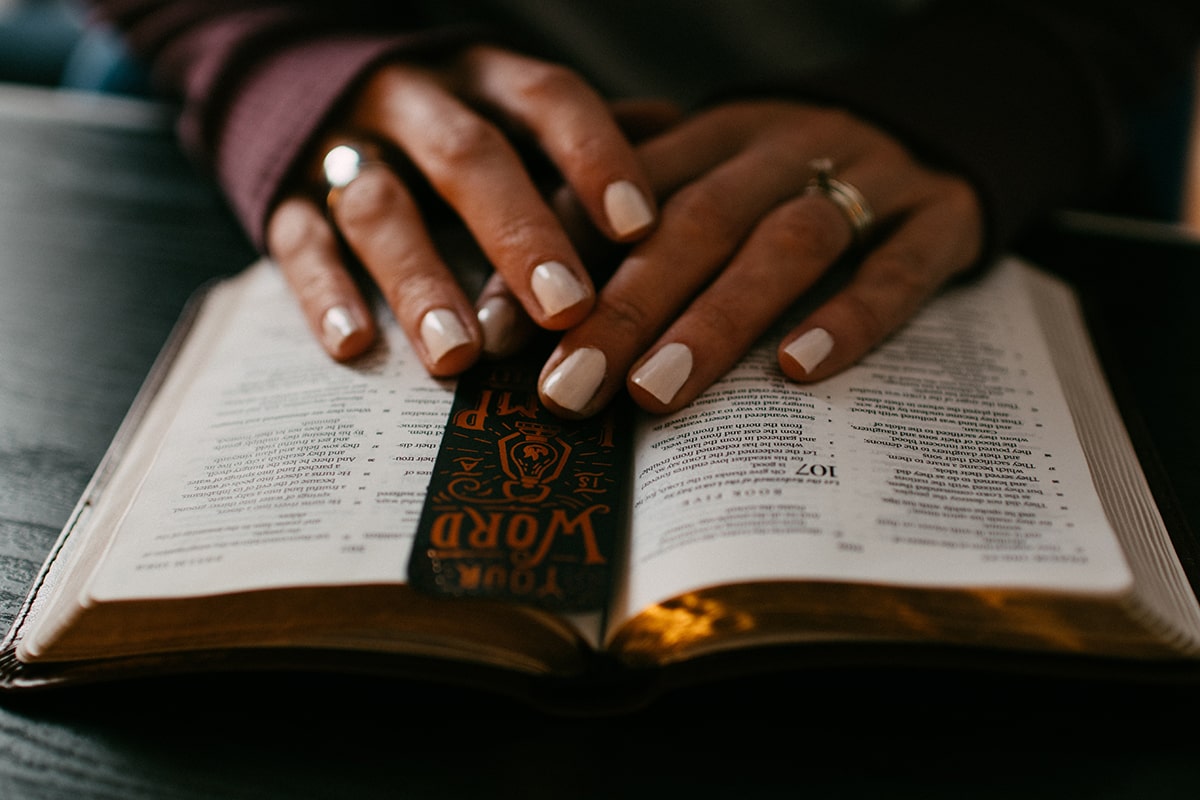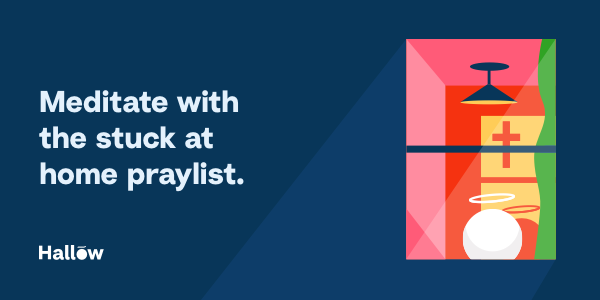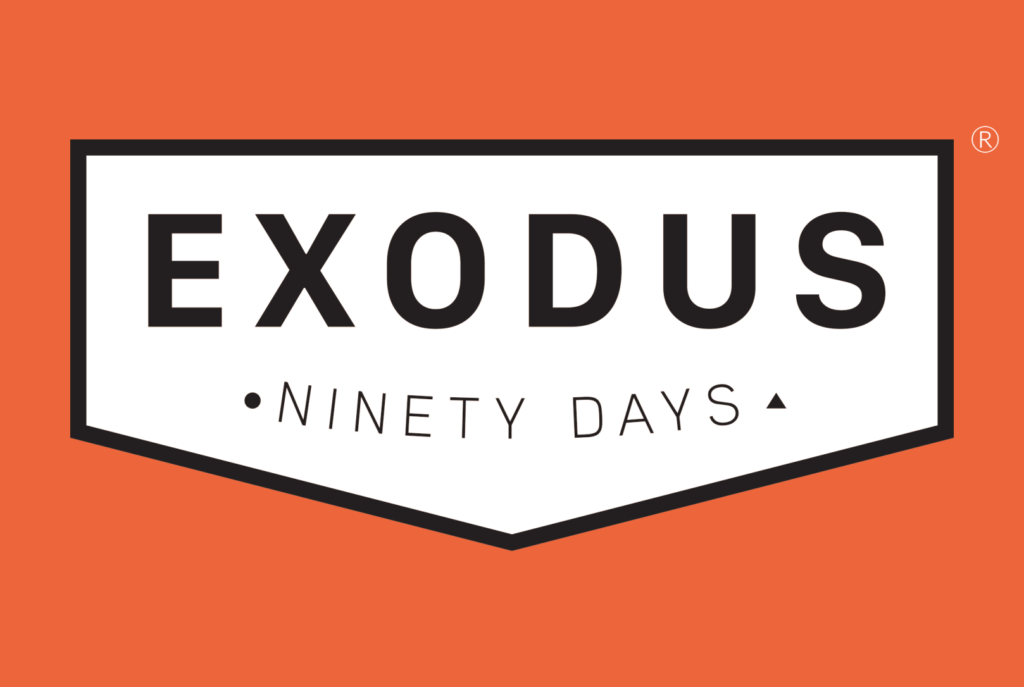
By Dave Plisky
What an unexpected Lent we have had. Going into Holy Week, we find ourselves wondering how we can give to others while sequestered in our homes.
It seems like everyone wants monetary donations. And while we’re doing our best to remember the Lord’s words that He will provide, many of us are operating on significantly reduced incomes.
“Therefore I tell you, do not worry about your life, what you will eat [or drink], or about your body, what you will wear. Is not life more than food and the body more than clothing?”
Matthew 6:25
Instead, let us pick ourselves up from the emotional rut of isolation and think about how we might serve those around us.
May you use the gifts that you have received and pass on the love that has been given to you.
St. Teresa of Avila
1. First of all, Stay home. Stop the spread. Doing so keeps you from unknowingly contracting the virus from other sources, and from spreading it yourself. But what if you aren’t sick, or you plan to go out without coming into contact with anyone else? There is still a risk: people who contract COVID-19 typically don’t show symptoms for 3-14 days, and some never show symptoms at all.
2. Stop hoarding. It’s okay to have enough—and there are some things you’ll want to stock up on, such as disinfectant wipes. But don’t buy so much that others are deprived of groceries and other essential items. Some people are actually having a hard time finding toilet paper because of the hysteria.
3. Start praying. [Pray for the living and the dead.] Those affected by the virus need your prayers. Pray for the elderly, for the poor, for the uninsured, for those who have tested positive, for their families and loved ones. Pray for the medical workers on the front lines. Pray for priests celebrating the sacrifice of the Mass alone. Pray for those in isolation, for the homeless, for those with mental health challenges, for those stuck away from home, for families with young children at home, for those out of work, for those with other health conditions. Pray for the repose of the souls of the departed. Ask the Great Physician for healing. Appeal to the saints. Pray.
4. Donate health care supplies. [“Visit” the sick.”] Your local hospital or other health care facilities may be short on supplies that you have. Visiting is probably out of the question, so consider donating extra personal protective equipment that you may have bought in excess or simply have lying around. Your local shelter may be another service in need. Consider donating extra cleaning supplies or hand sanitizer if you have them.
5. Host healthcare workers. [Shelter the “homeless.”] If you have a home where you would feel comfortable offering a portion of it to those on the front lines, consider listing it on Airbnb. Those treating patients every day are overworked and often can’t commute home, either because there is no time, or they are volunteering from out of town. Airbnb has responded by making it free for them to find a place to stay.
6. Call your loved ones. [Comfort the afflicted.] Everyone is going through an unprecedented level of isolation and, often, anxiety and fear. Friends and family are no exception—and quite possibly the ones who count on you and need you the most in this time of crisis. Be there for them. Video chat is easier than ever before, and it can make someone’s day to hear your voice and see your face.
7. Reach out to an elderly person. [“Visit” the sick.] The elderly being cared for in a home are especially susceptible to coronavirus outbreaks, and as a result, loved ones are generally not able to visit. You are also likely to have people at your parish who are confined indoors by illness or disability. If you think it sounds overly romanticized to send snail mail, think again. Something is conveyed in a physical, hand-written letter that you don’t achieve in other forms of communication. Are you better on the phone? A kind voice can make a person’s day. Speak to your pastor about contact information for those unable to leave their homes, and check in on them.
8. Write to someone in prison. [“Visit” the imprisoned.] Those in prison are isolated from society. If we think quarantine is difficult, imagine years of this. There are ways to let the incarcerated know you are thinking of them, even from home. If you don’t know someone in prison, websites like WriteAPrisoner.com can put you in touch with inmates seeking correspondence. They even have a designation for those who are Catholic. Sister Helena Prejean has published tips on writing to the imprisoned here.
9. Be an example to others. [Instruct the ignorant.] As Christians, we are often not choosing between doing evil and doing good, but rather we are choosing between two goods. Unless you live alone, your family will see how you are choosing to spend your time in service of others. It is in these silent moments of charity that we are Christ’s best evangelizers. This virus might be XX times more contagious than the flu, but I believe virtue is contagious, too. Practice the gift of love and watch as others do more of the same.
If you do feel comfortable going outside, or if you’re stepping out anyway (of course taking the necessary precautions), your elderly neighbors may still need things picked up or dropped off for them, including essentials like groceries, medication, and laundry. Check in on your neighborhood and see how you can help. It doesn’t have to involve any contact.
Or, text your pastor and see if he needs help around the parish. With a reduced offertory, he may have been forced to cut some non-critical expenses. Maybe he’s got an outdoor maintenance project for you, such as mowing the lawn. He is probably overwhelmed. A helping hand will always be appreciated.
+++
We receive when we give. We love the Lord when we see Him in others and love them too. We love through charity—an outpouring of oneself. Be a person for others.
Watch Mass from home and continue to partake in spiritual communion. Even while physically away from one another and Christ Himself in the Eucharist, it is important that we offer up the sacrifice of the Mass to Him. Hopefully, your parish is streaming live Mass daily. If it is not, and you’re in the Diocese of Brooklyn, give us a call. We’re ready to help.
































